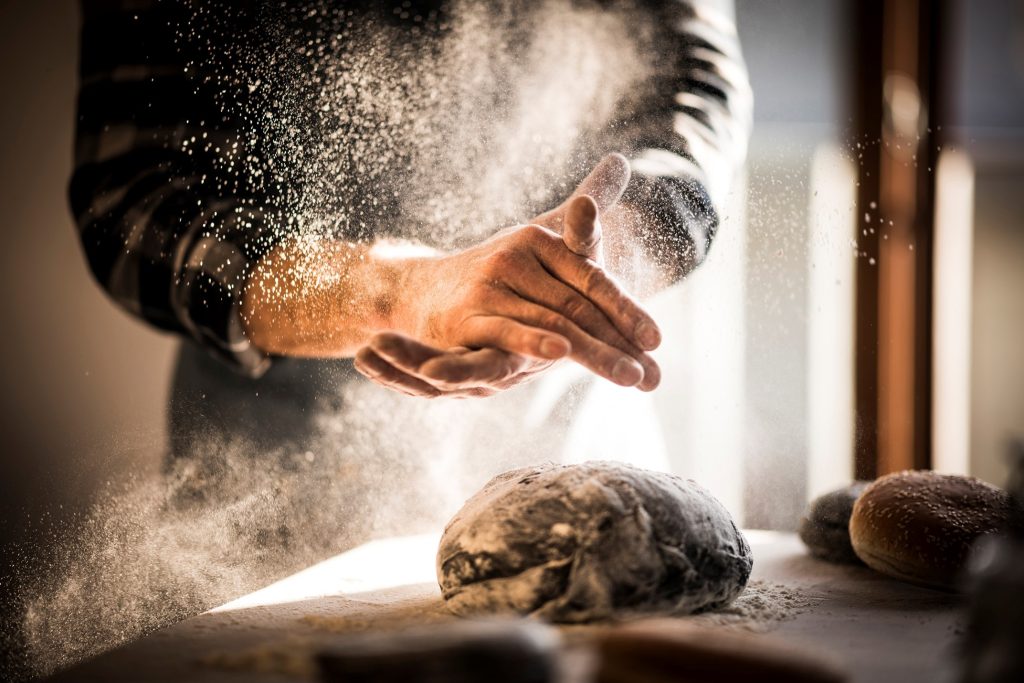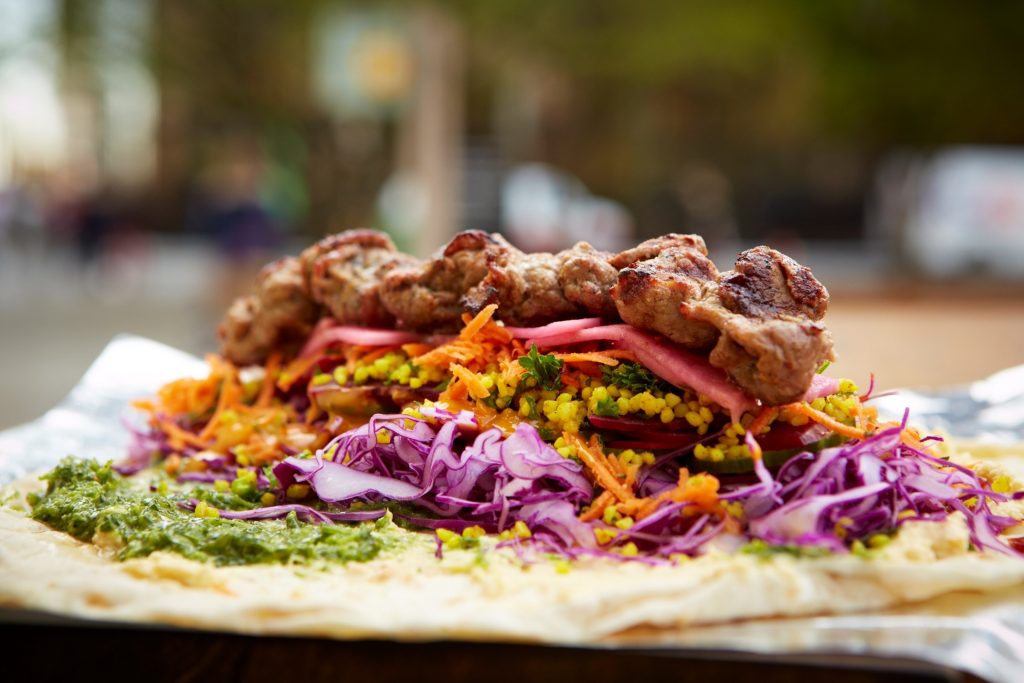
The 3 Types of Trauma and How They Impact You
Trauma comes in many forms—acute, chronic, and complex—each shaping how you see yourself and the world. Understanding the differences can help you take the first step toward healing



Your gut is like a second brain, producing most of our body’s serotonin – that chemical that helps us feel good and balanced. When people talk about “gut feelings,” they’re onto something. Our digestive system and brain are constantly chatting with each other, affecting everything from our mood to our stress levels.
Life experiences, especially tough ones, can really change how we think about and interact with food. Maybe you find yourself skipping meals when stressed, or perhaps you notice you eat more quickly when you’re anxious. These aren’t character flaws – they’re ways our bodies and minds have learned to cope with difficult situations.
Trauma can deeply impact your relationship with food in several ways:
Healing isn’t about restrictive eating and self-condemnation. It’s about building awareness, kindness, and patience. Here’s how to start:
Be present with your food. Notice the taste, texture, and how your body feels before, during, and after eating. This helps you reconnect with your body and identify when you’re eating out of emotion versus hunger. Don’t worry—this doesn’t mean stopping emotional eating completely. It’s about building awareness and making conscious choices.
A balanced diet full of fruits, vegetables, lean proteins, and healthy fats can help your gut function better. If your gut is sensitive, start with gut-friendly foods like yogurt, kefir, or sauerkraut to boost good bacteria. A supported gut can help reduce both discomfort and food-related anxiety.
While you can’t always control external stress, you can control how you respond. Try incorporating stress-reducing practices like yoga, deep breathing, or meditation to calm both your mind and gut. Remember—healing takes time, and perfection isn’t the goal.
Getting back in touch with your body after trauma can be challenging but crucial. Check in with yourself before and after meals: “How do I feel right now? Am I truly hungry, or is something else going on?” If emotional eating happens, don’t shame yourself—just ask what emotions you’re trying to manage. Consider other coping tools like journaling, taking a walk, or talking with a friend.
Sometimes, trauma needs extra support. If emotional eating or gut issues are causing stress, consider talking to a therapist who specializes in trauma. A nutritionist can help create a gut-friendly eating plan while addressing emotional eating habits. Getting support is a powerful step toward healing.
Trauma impacts us in many ways, and its effects on food and the gut are real. If emotional eating is part of your coping strategy, that’s okay—awareness is the first step. Healing isn’t an overnight fix, but with patience, self-compassion, and a little humor, it is absolutely possible. Listen to your body, be kind to yourself, and remember—you’re doing better than you think. You’ve got this.
If you’d like to learn more about trauma and trauma therapy, we invite to you visit our Trauma Therapy page.
If you’d like to connect with us, we welcome you to do so here.
~Here for you on the journey~

Trauma comes in many forms—acute, chronic, and complex—each shaping how you see yourself and the world. Understanding the differences can help you take the first step toward healing

Do you second-guess yourself constantly, turning to others for reassurance? You’re not alone—but you can break free from self-doubt and start trusting your own wisdom. Here’s how.

Ever notice how political news and social media can leave you feeling physically sick, anxious, or completely drained? You’re not alone. While it’s normal to feel stressed about politics, there’s a point where that stress can become something more serious.

Resilience isn’t about being unshakeable or never feeling anxious – it’s about your ability to adapt and bounce back from challenges.

Have you ever shared a difficult experience only to hear “Just think positive!” or “Good vibes only!”? While these responses might seem supportive, they’re actually examples of toxic positivity. Real optimism isn’t about denying difficulties – it’s about acknowledging challenges while maintaining hope.

Have you ever heard someone respond to a friend’s genuine struggle with phrases like “Everything happens for a reason” or “Just focus on the positive”? While well-intentioned, these responses might actually be examples of spiritual bypassing.
Much like the lotus flower, the muddy waters of our wounds can be fertile ground for transformation.
Copyright © 2024 Soul In Motion Therapy & Coaching. All Rights Reserved | Site by La Dolce Video & Design